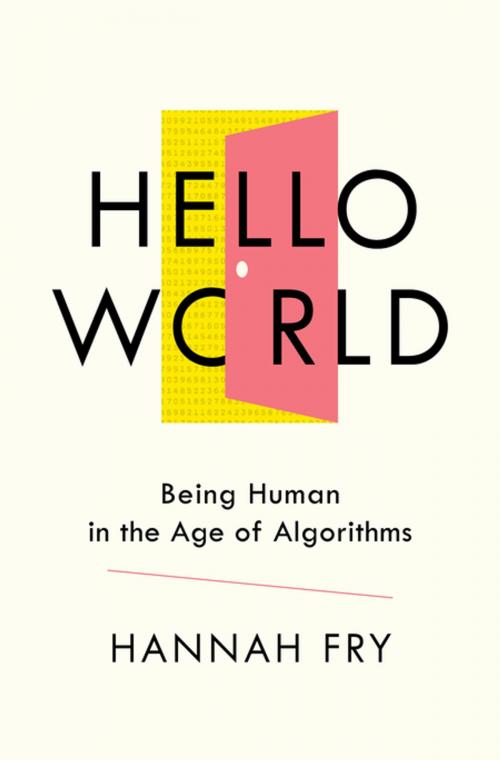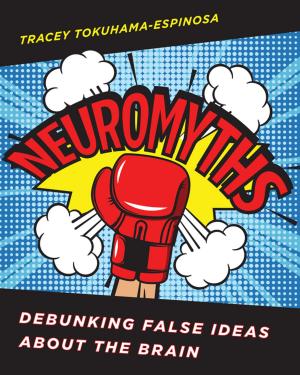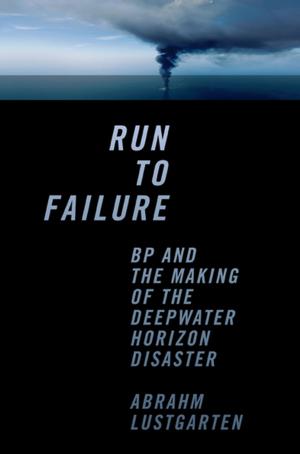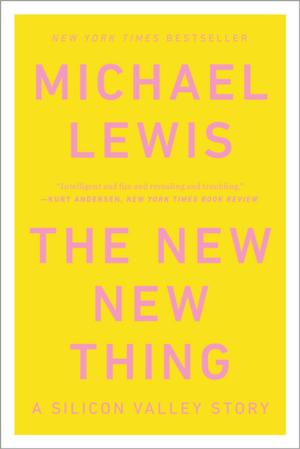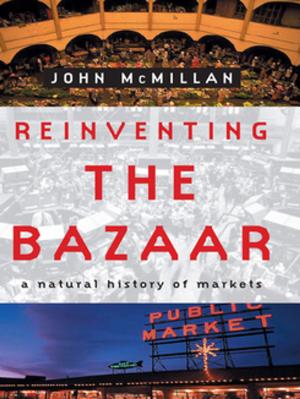Hello World: Being Human in the Age of Algorithms
Nonfiction, Science & Nature, Mathematics, Computers, Programming| Author: | Hannah Fry | ISBN: | 9780393635003 |
| Publisher: | W. W. Norton & Company | Publication: | September 18, 2018 |
| Imprint: | W. W. Norton & Company | Language: | English |
| Author: | Hannah Fry |
| ISBN: | 9780393635003 |
| Publisher: | W. W. Norton & Company |
| Publication: | September 18, 2018 |
| Imprint: | W. W. Norton & Company |
| Language: | English |
**Shortlisted for the 2018 Royal Society Investment Science Book Prize
A look inside the algorithms that are shaping our lives and the dilemmas they bring with them.**
If you were accused of a crime, who would you rather decide your sentence—a mathematically consistent algorithm incapable of empathy or a compassionate human judge prone to bias and error? What if you want to buy a driverless car and must choose between one programmed to save as many lives as possible and another that prioritizes the lives of its own passengers? And would you agree to share your family’s full medical history if you were told that it would help researchers find a cure for cancer?
These are just some of the dilemmas that we are beginning to face as we approach the age of the algorithm, when it feels as if the machines reign supreme. Already, these lines of code are telling us what to watch, where to go, whom to date, and even whom to send to jail. But as we rely on algorithms to automate big, important decisions—in crime, justice, healthcare, transportation, and money—they raise questions about what we want our world to look like. What matters most: Helping doctors with diagnosis or preserving privacy? Protecting victims of crime or preventing innocent people being falsely accused?
Hello World takes us on a tour through the good, the bad, and the downright ugly of the algorithms that surround us on a daily basis. Mathematician Hannah Fry reveals their inner workings, showing us how algorithms are written and implemented, and demonstrates the ways in which human bias can literally be written into the code. By weaving in relatable, real world stories with accessible explanations of the underlying mathematics that power algorithms, Hello World helps us to determine their power, expose their limitations, and examine whether they really are improvement on the human systems they replace.
**Shortlisted for the 2018 Royal Society Investment Science Book Prize
A look inside the algorithms that are shaping our lives and the dilemmas they bring with them.**
If you were accused of a crime, who would you rather decide your sentence—a mathematically consistent algorithm incapable of empathy or a compassionate human judge prone to bias and error? What if you want to buy a driverless car and must choose between one programmed to save as many lives as possible and another that prioritizes the lives of its own passengers? And would you agree to share your family’s full medical history if you were told that it would help researchers find a cure for cancer?
These are just some of the dilemmas that we are beginning to face as we approach the age of the algorithm, when it feels as if the machines reign supreme. Already, these lines of code are telling us what to watch, where to go, whom to date, and even whom to send to jail. But as we rely on algorithms to automate big, important decisions—in crime, justice, healthcare, transportation, and money—they raise questions about what we want our world to look like. What matters most: Helping doctors with diagnosis or preserving privacy? Protecting victims of crime or preventing innocent people being falsely accused?
Hello World takes us on a tour through the good, the bad, and the downright ugly of the algorithms that surround us on a daily basis. Mathematician Hannah Fry reveals their inner workings, showing us how algorithms are written and implemented, and demonstrates the ways in which human bias can literally be written into the code. By weaving in relatable, real world stories with accessible explanations of the underlying mathematics that power algorithms, Hello World helps us to determine their power, expose their limitations, and examine whether they really are improvement on the human systems they replace.
